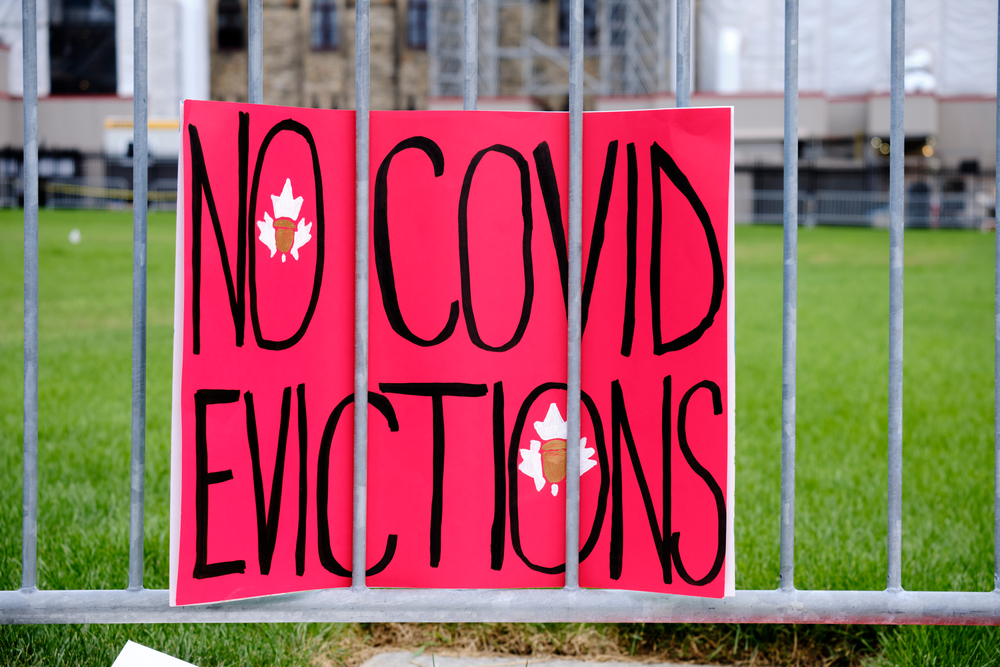What did people fear most once COVID-19 appeared out of nowhere? Getting infected probably topped the list. But close to that was a financial fear of what would happen after losing your job, which happened for many once businesses were forced to shut down due to restrictions.
You can’t pay your rent if you’re not working and don’t have significant savings. And even if you did have a decent emergency fund, the coronavirus is still kicking one year later.
Thanks to the Centers for Disease Control, eviction from your home may not have to be a worry.
And this is true even if you haven’t been able to pay the rent in several months. But does an eviction moratorium mean you can live rent-free? And is everyone eligible for this program? Let’s discuss that now.
What the CDC Eviction Moratorium Really Means
Many are making the mistake of thinking that due to the eviction moratorium, rent is forgiven. In other words, they think they can live rent-free and not have to pay the landlord a dime.
This isn’t true, as the CDC Eviction Moratorium only keeps you from being evicted for not paying the rent. Once the moratorium ends, however, you will have to pay any months you missed, plus all of the fees and interest.
As you can imagine, this back rent can add up to quite a hefty sum, which is why anyone eligible for the eviction moratorium must also work out a payment plan with the landlord.
Keep this in mind if you’ve been splurging on spending but not paying the rent. It will be due one day.
CDC Eviction Moratorium Extension
The eviction moratorium was recently extended to June 30, 2021. If eligible, you will receive eviction protection until that date.
You Can Still Be Evicted
A landlord cannot evict you during the moratorium for nonpayment of rent. They can evict you if you are violating the terms of your lease, so it’s best to be on good terms with your landlord while the moratorium is in play.
All Buildings Are Covered
Whether the property is some type of federal housing or is privately owned, it’s covered under the CDC Eviction Moratorium. Homes, apartments, mobile homes, and land leased as a residence all fall under the moratorium’s umbrella. Guesthouses, hotels, and motels do not, as they are temporary residences.
You’ll Need to Apply
A declaration form will determine whether you’re eligible for the CDC Eviction Moratorium. You can find the form here.
You and any other adults who signed the rental lease agreement will need to complete the form and submit it to the landlord, property owner, or property manager. Be sure to get proof that they received it for your records.
The form is straightforward and will tell you whether or not you qualify for the eviction moratorium. Make sure all of your answers are truthful to avoid legal issues.

